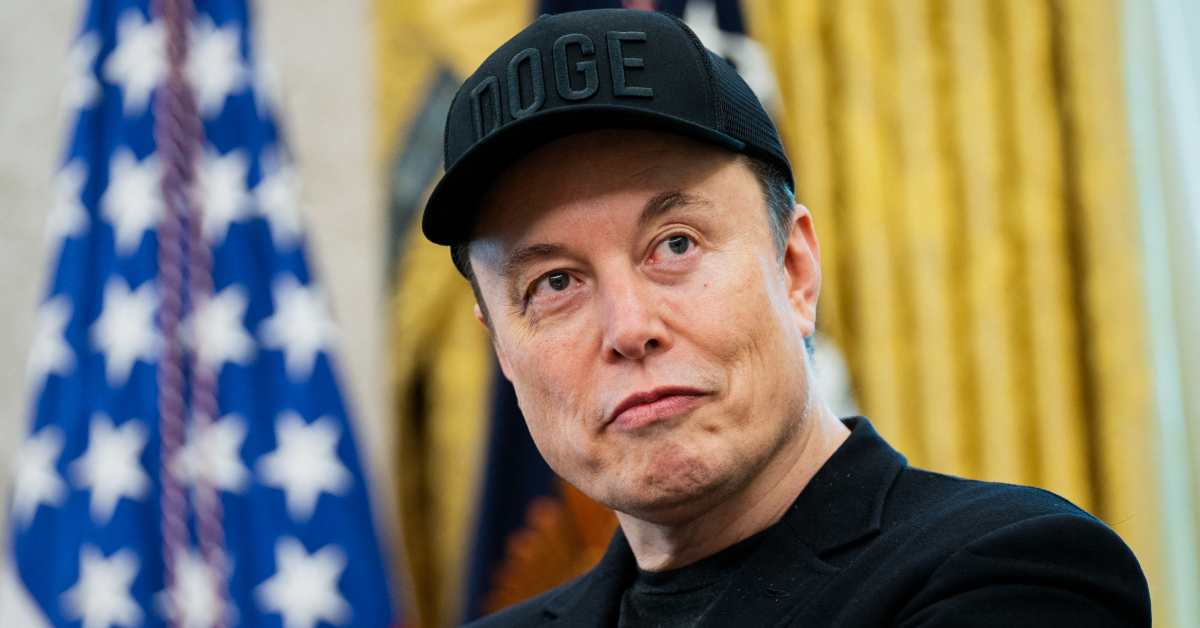Neuralink's Vision Breakthrough: Elon Musk Announces Human Trials Within a Year

Elon Musk, the visionary entrepreneur behind Tesla, SpaceX, and now Neuralink, has sent ripples of excitement through the scientific community. In a recent announcement, Musk revealed that Neuralink, his neurotechnology company, is poised to begin human trials for its groundbreaking vision implant technology within the next six to twelve months. This marks a significant leap forward in the quest to restore sight and potentially revolutionize how we interact with technology.
What is Neuralink and Why is This Important?
Neuralink is a company dedicated to developing implantable brain-machine interfaces (BMIs). These interfaces aim to establish a direct communication pathway between the human brain and external devices. The initial focus has been on addressing neurological conditions and improving quality of life for individuals suffering from paralysis, spinal cord injuries, and other debilitating ailments. However, the potential applications extend far beyond medical treatments, hinting at a future where humans can seamlessly integrate with technology.
The Vision Implant: Restoring Sight Through Technology
The upcoming human trials will center around Neuralink's vision implant. This device, still in its early stages of development, aims to bypass damaged areas of the eye and optic nerve, directly stimulating the visual cortex of the brain. The hope is to restore some degree of vision to individuals who have lost their sight due to various conditions, such as glaucoma, macular degeneration, or injury. While the initial trials will likely focus on restoring basic visual perception, the long-term goal is to achieve a level of vision comparable to natural sight.
Human Trials: A Critical Step Forward
The announcement of human trials is a pivotal moment for Neuralink. It signifies that the company has successfully navigated the complex regulatory hurdles and preclinical testing required to demonstrate the safety and potential efficacy of the implant. While challenges remain – including ensuring biocompatibility, minimizing the risk of infection, and optimizing the signal processing capabilities of the device – the prospect of human trials offers invaluable data and insights that will accelerate the development process.
Beyond Vision: The Future of Neuralink
The vision implant is just the beginning for Neuralink. Musk has repeatedly expressed his ambition to develop BMIs capable of treating a wide range of neurological disorders, including Parkinson's disease, Alzheimer's disease, and even mental health conditions. Furthermore, he envisions a future where BMIs can be used to enhance human cognitive abilities, allowing us to learn faster, remember more effectively, and communicate more efficiently. While these ambitions remain largely speculative, the rapid progress made by Neuralink suggests that such possibilities may not be as far-fetched as they once seemed.
Ethical Considerations and the Road Ahead
As with any groundbreaking technology, the development of BMIs raises significant ethical considerations. Concerns about privacy, data security, and the potential for misuse must be addressed proactively. Open dialogue and robust regulatory frameworks will be essential to ensure that this powerful technology is used responsibly and for the benefit of humanity. The upcoming human trials will undoubtedly provide valuable lessons and shape the future trajectory of Neuralink and the broader field of neurotechnology.






